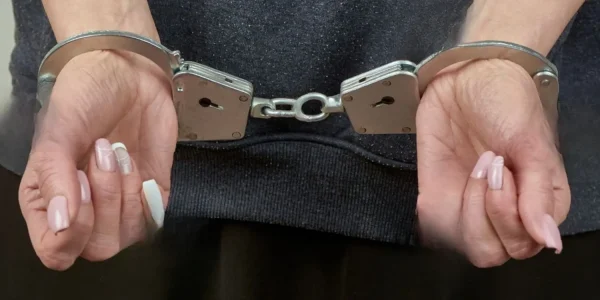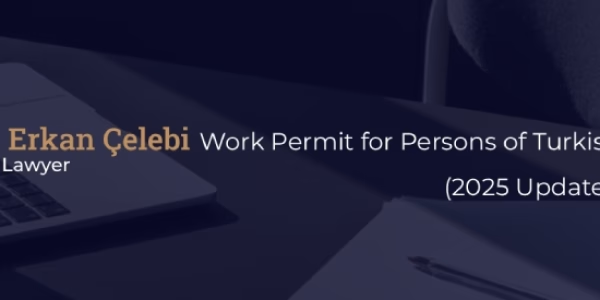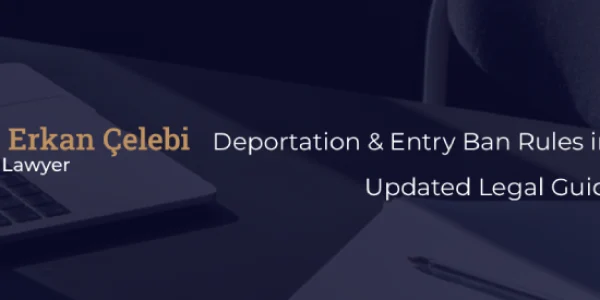How to Report a Scam in Turkey in 5 Steps?
If you have fallen victim to a scam in Turkey or suspect you may have been targeted, follow these simple steps:
1) Make Sure It is a Scam and Not a Civil Dispute
The first thing you should do is to separate a civil dispute from a scam. In Turkish law, a scam equates to fraud, characterized by deceptive actions leading to financial or material gain at the victim’s expense. By this definition, the difference between a scam and a monetary dispute can be distinguished by identifying the presence of deceit.
For example, paying for a good or service and not receiving it is not, by itself, proof of fraud. However, if you were persuaded to make the payment through false promises, forged documents, fake identities, fabricated stories, or if you were coerced into paying, then it constitutes fraud—a criminal offense punishable by imprisonment.
To learn more about the crime of fraud in Turkish law, please click here: celebilegal.com/fraud-under-turkish-law/
2) Identify the Type of Scam
It is useful to identify the type of scam before deciding what to do next. For the sake of simplicity, we can group them into two: Tourist scams in Turkey and investment scams in Turkey.
a) Tourist Scams in Turkey
Tourist scams usually involve relatively low transactions. In these scams, the perpetrators are usually hard to locate and the victims are mostly not residing in Turkey. The reason why it matters is that the low scam amounts and the lack of paper trail make litigation difficult. In these cases, it might be unfeasible or impractical for the victim to pay for legal representation. Therefore, this article will explain how to report a scam without legal representation.
Some common examples of tourist scams in Turkey are:
- Turkish carpet scam: Misrepresenting the value, qualities or origin of carpets to overcharge tourists.
- Credit card scam: Unauthorized use of credit card information to make fraudulent purchases.
- Restaurant scam or nightclub scam: Inflating prices or charging for unsolicited items, primarily targeting foreign visitors.
b) Investment Scams in Turkey
Investment scams usually involve relatively high transactions. In this types of scams, there is usually a significant amount of paper trail, making the perpetrators easy to identify. In investment scams, due to the high dispute amounts and the availability of paper trail, litigation is not only possible but also strongly advised.
Some common examples of investment scams in Turkey are:
Business opportunity scam: Fake opportunities promising high returns to swindle investors.
Real estate scam: Deceiving buyers about property features or ownership, leading to financial losses.
If you have fallen victim to an investment scam in Turkey, it is strongly recommended that you hire a Turkish lawyer before proceeding. When reporting a scam, it is crucial to underscore the fraudulent nature of the case effectively. An expert lawyer will highlight the scam’s deceptive aspects to the prosecutor. Otherwise, the prosecutor might dismiss the complaint as a mere legal dispute.
3) Gather Evidence
It is crucial to collect all relevant evidence and promptly submit it to your attorney or the police. Evidence of scam includes but is not limited to:
- Signed contracts, if any
- Invoices, if any
- Written correspondence with the scammer
- Any kind of proof of payment to the scammer including bank transfer documents, signed cash receipts, credit card slips
- Any documents or photos related to the delivery of goods, if any.
4) Report the Scam to the Police
If you have fallen victim to a tourist scam in Turkey and wish to report the crime without legal representation, you can visit the nearest police station. It is recommended to hire a translator or bring a Turkish-speaking friend to assist you.
At the police station, you will need to wait your turn before a police officer hears your complaint. With the help of the translator, you can explain the events in detail. The police officer will record your testimony in Turkish, ask you to review and sign it, and then forward it to the prosecutor’s office for a criminal investigation.
The investigation will proceed in your absence, and its conclusion will be sent to your address in Turkey.
5) Seek Penalty and Compensation
In Turkish law, penalties for fraud range from 1 to 20 years in prison, varying with the fraud’s nature, involved parties, and the impact on the victims.
Following the conclusion of the criminal investigation, you can hire a Turkish lawyer and file a civil claim to seek compensation for your damages.
Turkish criminal lawyer Baris Erkan Celebi and his law firm in Turkey duly represent the victims of fraud, files criminal complaints, seeks penalties and files lawsuits to seek compensation for the victim’s damages.
Contact Form
Baris Erkan Celebi is an English-speaking Turkish lawyer who exclusively represents foreign investors in Turkey. His law firm in Turkey specializes in providing international investors in Turkey with reliable legal counsel and personalized business solutions.
RECOMMENDED ARTICLES
Fraud in Turkish Law How is Fraud Defined in Turkish Law? The crime of fraud in Turkish law is defined as deceiving another person through deceptive acts and profiting from these acts at the expense of the deceived party or of a third party. By...
WHAT TO DO IF YOU ARE DETAINED OR ARRESTED IN TURKEY? Finding yourself detained or arrested in a foreign country can be a distressing experience. Here’s a guide on what to do if you find yourself or someone you know arrested in Turkey or detained...









